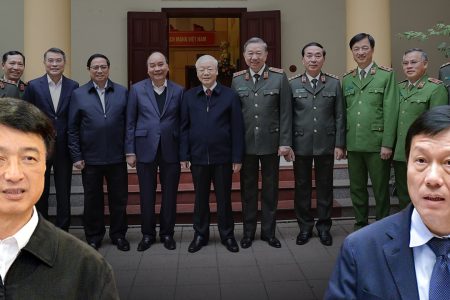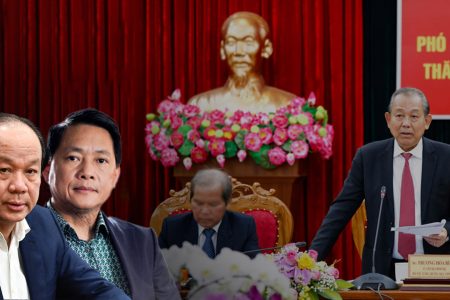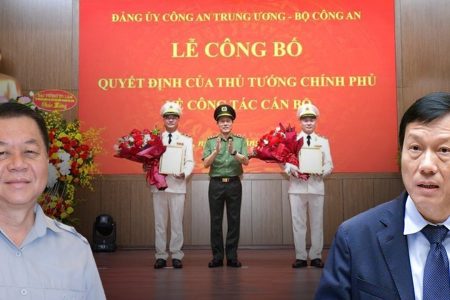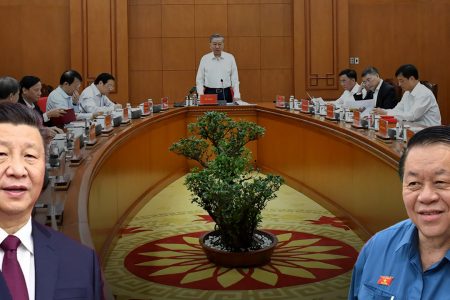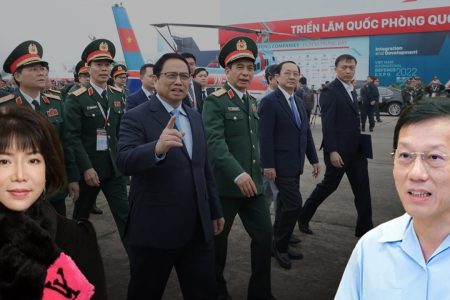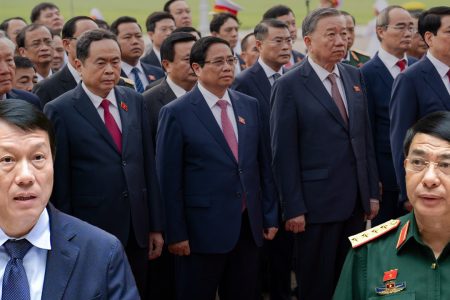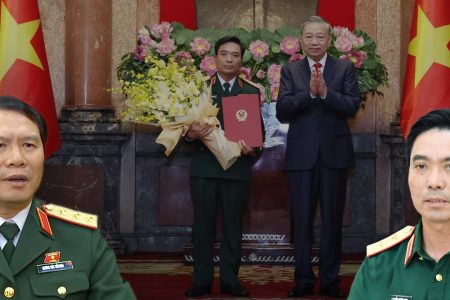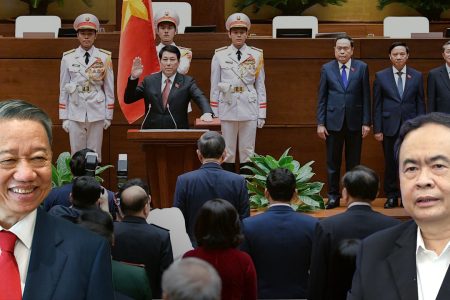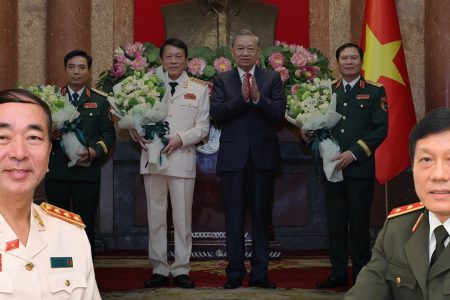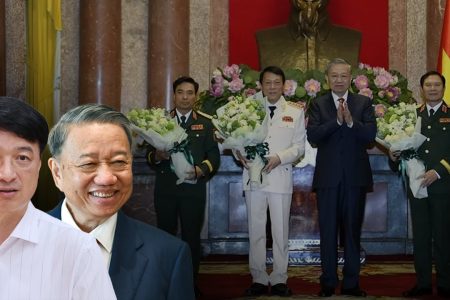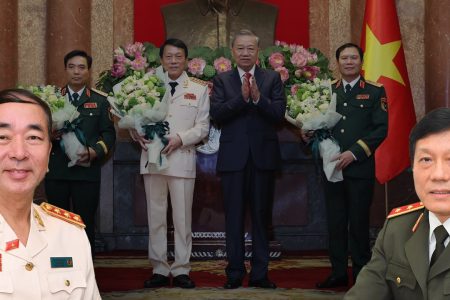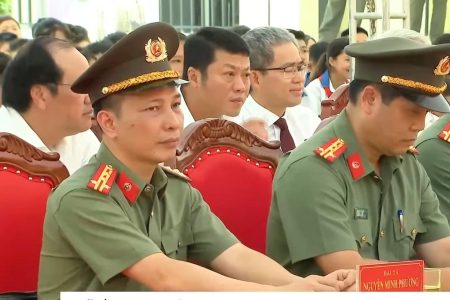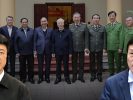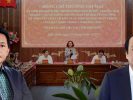
The real estate bubble has burst several months ago, the market has collapsed, frozen, many businesses are short of capital… These things have been repeated by the state-controlled press and social networks for many months. The bursting of the real estate market is not a new thing and it is not only happening in Vietnam. But the problem of this time seems more serious than it has ever happened before because simultaneously with the real estate bubble, there was also the bond problem and the instability of the banking system.
The question is, “save” or “don’t save” real estate?
It seems that the Government chooses to “don’t save.”
On December 3, a series of newspapers published articles like “Let the real estate market thaw by itself“. The content of these articles said, “The Prime Minister has just set up a Working Group to remove obstacles for businesses implementing real estate projects” and did not mention the injection of money to rescue, even if the real estate accounts for 11% of GDP.
These articles point out that the real reason is that the real estate market at this time is “unsold“, not because of the “credit tightening” policy. However, this cause is only the direct cause, not the root cause of the real estate problem. Only when frankly pointing out the real root cause can then come up with radical solutions.
This article also confidently states: “The collapse of the real estate market certainly does not lead to the collapse of the economy” when compared to the downturns of the US and Thai markets. However, they have forgotten that the economies of other countries have a solid foundation from manufacturing and services, not relying too much on real estate like Vietnam. The United States is one of the most powerful industries in the world. Thailand is a very developed tourist country. Thus, when the real estate bubble burst, it only partially affected the money market, maybe even bankrupting a few banks, but it could not collapse the economy.
The story of Vietnam is very different.

The Vietnamese economy is an unusual one based on the intricate relationships between the giants and the bureaucrats. Government officials, even at the smallest level, in wards and communes, immediately built their own “backyard” after being promoted. The higher the official, the bigger his/her “backyard.” Businesses that do genuine business but have no relationship with the political arena will be harassed, “forced” to the point of having to shrink or give up. In this mess, businesses are free to do what they want, because there are umbrellas to protect them, even if they are illegal ways such as corruption, fraud, fake prices…
For professional real estate investors, it’s not that they don’t know real estate companies do frauds, but they believe in the umbrella behind the business, in the powerful power of the business. They accept “being cheated” and then continue to deceive others, inflate prices to make a profit. People who have a real need for housing cannot afford to buy it. Therefore, the project areas are only bought and sold, but not many people live in. This has been going on for a long time, everyone understands but no one dares to say it. Until the day Mr. General Secretary of the ruling party took action… everything quickly fell apart.
This problem is really too difficult for the Government of Mr. Chinh. If “rescue“, continue to pump money while pumping hundreds of billions so far this year, it will not be possible to prevent inflation from continuing to rise, which is also very dangerous for the economy and society. Moreover, the “rescue” is a form of tolerance for wrongdoing, the wrong makers will not be punished and continues to do wrong, continuing to cheat, draining the economy and creating social instability.
Commenting on the social network about the real estate rescue, an anonymous nick wrote: “Rescuing real estate is like paying a debt to a gambler, paying it off, it doesn’t know what to do wrong, it reports other debts.”
If “no rescue“- letting real estate businesses “self-generate, self-destruct,” its consequences will spread to banks, corporate bonds and securities, which means the financial market will collapse. Once a bank fails, its consequences to society are hard to imagine.
In short, “saving” is also dead but “not saving” is also dangerous, Mr. Chinh’s government is confused about this problem. Will they save the economy?
Thoibao.de (Translated)




